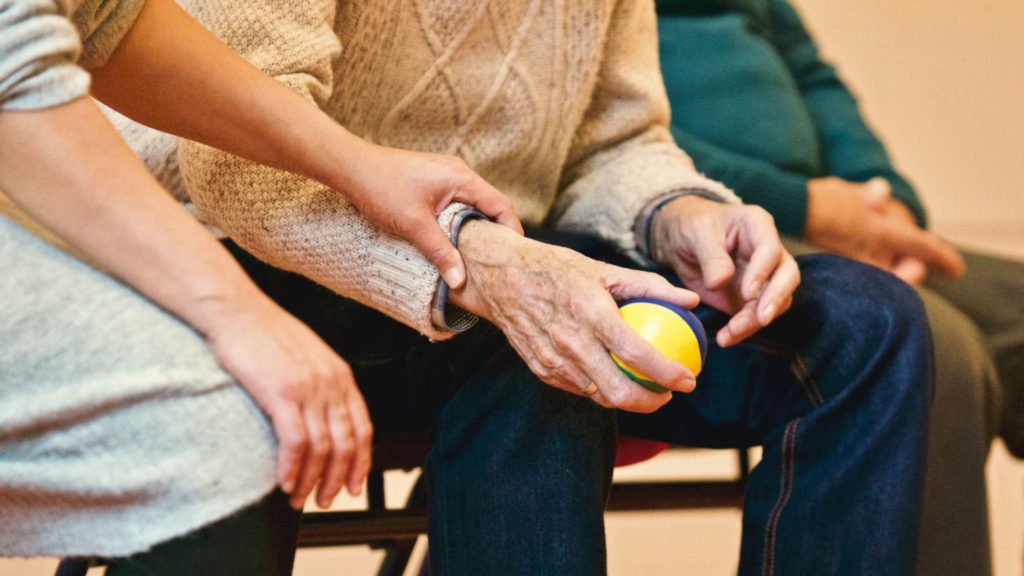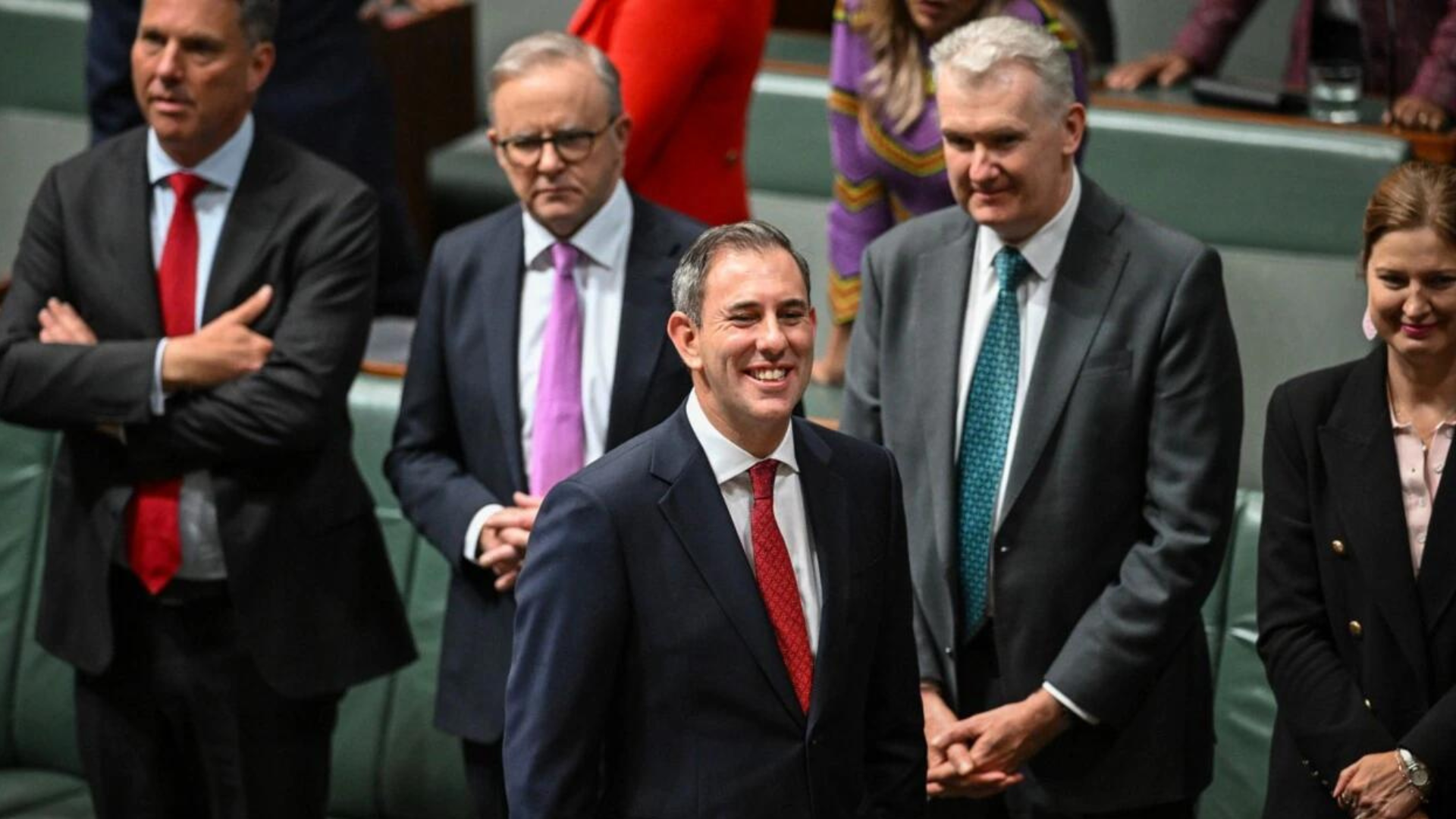A $300 energy bill credit for every household, a 10 per cent increase to Commonwealth rent assistance and capped PBS medicine prices headline Federal Treasurer Jim Chalmer’s third budget.
The federal government’s 2024-25 budget seeks to tame inflation, help ease living costs and bolster Labor’s pre-election economic credentials.
However, while everyone’s a winner, there are some losers. The government’s projected $9.3 billion surplus will be funded by slugging the National Disability Insurance Scheme (NDIS) with $14.4 billion in savings measures and crucially, decisions not to increase spending or any immediate solutions to address the housing crisis will see many renters and aspiring homeowners continue to suffer.
Here’s a breakdown of the 2024 Federal Budget winners and losers.
WINNERS
- Aged Care

Another half a billion dollars will be spent next financial year to release 24,100 more home care packages.
$610 million will be given to the states to assist long stay older patients to be discharged from hospital sooner. Those initiatives will be developed by states and territories.
Another $190 million will be provided on top of that to extend and redesign the Transition Care Programme to provide short-term care of up to 12 weeks for older people after a hospital stay.
- Electricity Bills
Every Australian household will get a tidy $300 rebate on their power bills, and eligible small businesses will receive a $325 rebate. From July, all households will have a $300 credit automatically applied to their electricity bills.
Around 1 million businesses will receive a $325 deduction off their bills over next financial year, to be applied in quarterly instalments.
- Healthcare

The federal government says it is investing $8.5 billion in new money into health this budget.
The government will fund an additional 29 urgent care clinics, adding to the 58 already opened, which offer walk-in care seven days a week completely covered by Medicare.
For the second year in a row, the government has also increased the Medicare levy low-income thresholds for singles, families, seniors and pensioners to account for inflation.
The cost of medicines on the Pharmaceutical Benefits Scheme (PBS) will be frozen for a year, for Medicare cardholders with a prescription. For pensioners and concession cardholders, the co-payment cost of PBS medicines will be frozen for five years. The government will spend $469.1 million on these subsidies.
Additionally, it will spend $3.4 billion listing new medicines on the PBS, including medications for cardiac disease, and a breast cancer medication that will see per treatment cost cut from about $100,000 to $31.60.
The government will also spend $1.4 billion over the next 13 years on the Medical Research Future Fund, including more than $400 million for low survival cancers and addressing health inequities.
- Taxpayers
From July 1 every taxpayer will receive a tax cut following changes announced by the federal government earlier this year. It means workers in every tax bracket will pay less income tax.
Anyone earning less than $146,000 taxable income will receive a bigger cut than previously legislated, while anyone earning over that will receive a smaller cut.
The reforms reduce the 19 per cent tax rate to 16 per cent, reduce the 32.5 per cent tax rate to 30 per cent, raise the threshold at which the 37 per cent tax rate applies from $120,000 to $135,000 and raise the threshold at which the highest rate of 45 per cent applies from $180,000 to $190,000.
- Women

The government will spend $1.1 billion over four years to pay superannuation on government-funded paid parental leave from July 2025, to address the disparity in retirement incomes between men and women which is now at 25%.
There’s $56 million for a raft of women’s health initiatives, including $7 million over four years to support women and families who have suffered miscarriage, and training for GPs to better treat menopause.
Women will also benefit from higher rebates for longer consultations for patients with complex gynaecological conditions such as endometriosis, which the government will spend $49.1 million subsidising.
Prior to Tuesday’s budget, the government also announced a program to help women leaving domestic violence situations, with payments of up to $5,000 and access to other support services at a cost of $756.4 million over five years.
LOSERS
- Renters on average incomes and aspiring homeowners

The government has acknowledged the country is in the grips of a housing crisis, with average rents consistently rising, property ownership increasingly out of reach for workers and housing construction falling well short of national and state targets.
However there is little in this budget that will bring immediate relief, or even cause for short to medium term optimism, for middle and high income renters.
For those renters eager to escape the constant fear of rent rises and buy their first home, there are no structural changes such as to negative gearing rules that would shake up the ownership dynamic of the housing market.
- NDIS recipients and providers
The government’s headline surplus has been achieved in part through a significant saving on the National Disability Insurance Scheme, with spending on the program predicted to be $14 billion less over four years than projected in the mid year economic and fiscal outlook.
- Would-be migrants
The government will set the cap for next financial year’s permanent migration program at 185,000 places, with 132,200 of those places being allocated to skill stream, limiting more permanent places to people who fit Australia’s longer-term skills needs.
Net overseas migration is forecast to halve to 260,000 in 2024-2025.
A $25 ballot for working and holiday visas will also be introduced for people coming from China, Vietnam and India from next financial year.
- International students
The number of places for international students will now be capped, under legislation due to be introduced by the federal government.

